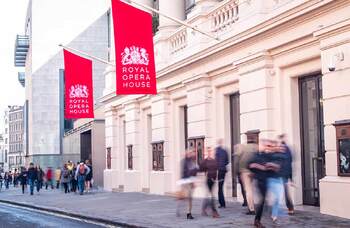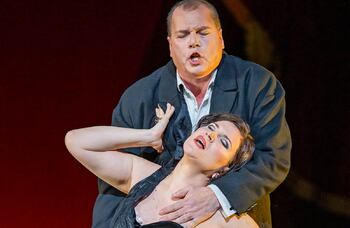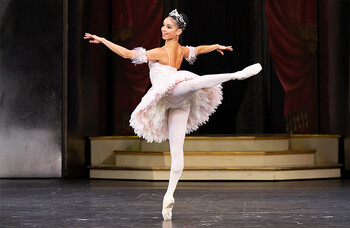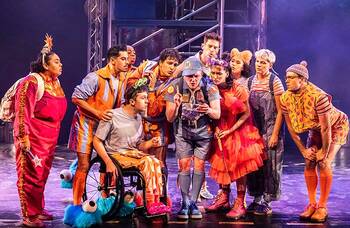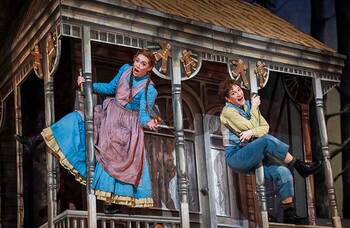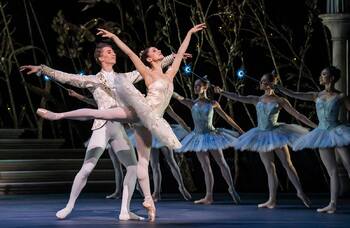Rusalka review
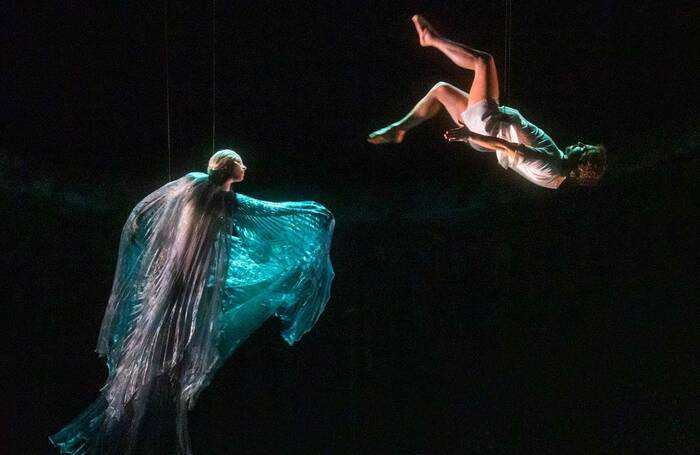
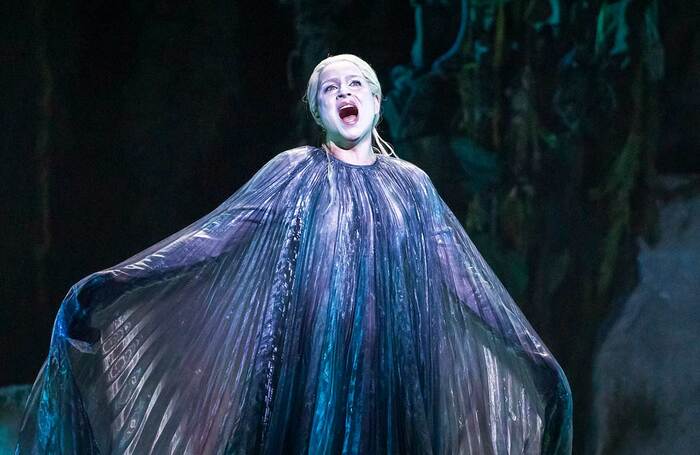
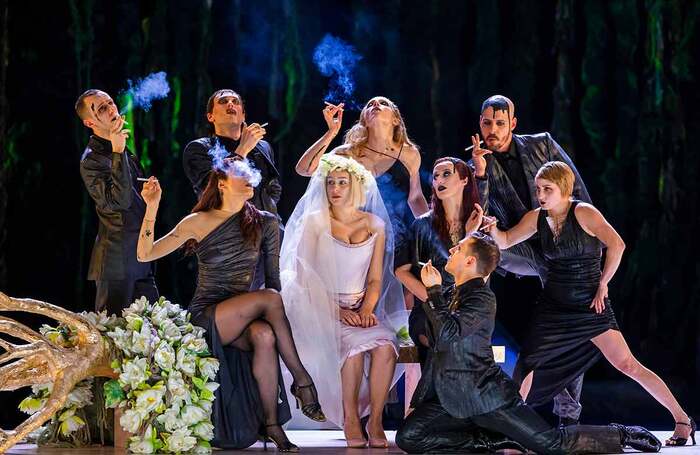
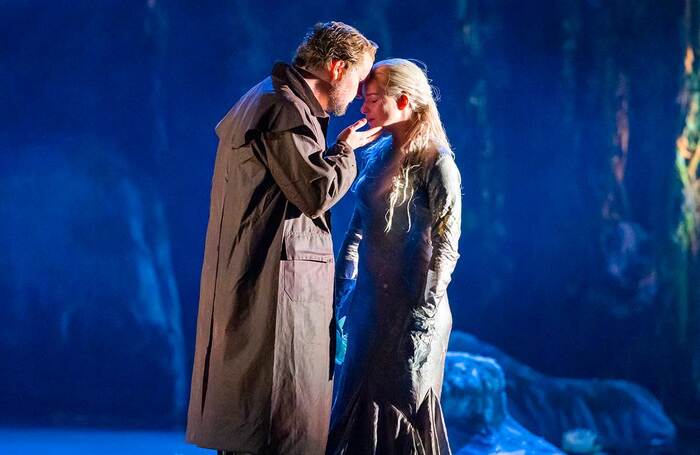
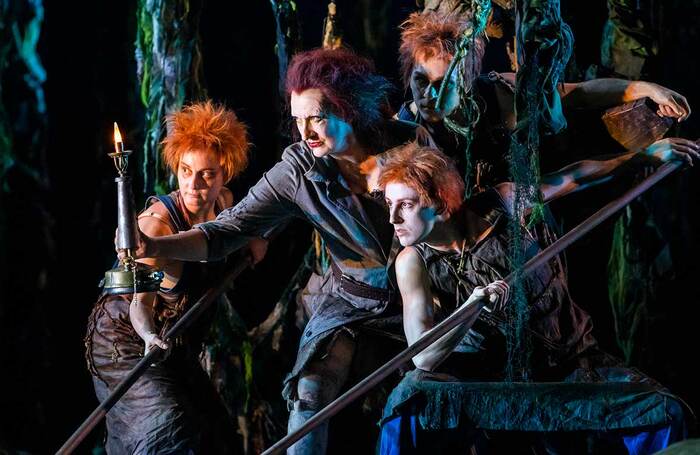
High musical standards compensate for a staging lacking in fairytale magic
Dvořák’s lyrical 1901 folk tale is a relatively recent addition to the Royal Opera repertoire. Just two concert performances – in 2003 and an unrevivable staging in 2012 – preceded this production by regular collaborators Natalie Abrahami and Ann Yee.
A programme preface signed by Royal Opera’s directors, Antonio Pappano and Oliver Mears, suggests that the piece "gives voice to a primal conflict of ever-increasing urgency: the conflict between mankind and nature". Abrahami’s biography reminds us that climate-conscious practice sits at the heart of her work. Even the programme has been printed on 100% recycled paper using vegetable-based inks and water-based sealer. An ecologically responsible ethos carries through into sets and costumes, though with less happy visual results than in, say, Melly Still’s 2022 Glyndebourne production of The Wreckers, where material collected and assembled from Sussex beaches formed a striking and often beautiful background for scenes set on the Cornish coast.
Among memorable individual performances, Asmik Grigorian stands out in the title role. Though hers may not be the most remarkable soprano voice around, she is a brave artist, here punching slightly above her vocal weight, but an actor of authority, movingly conveying Rusalka’s unhappiness with her original, supernatural state and her even greater frustration when transformed into a human being at the price of being silenced.
Continues...
David Butt Philip partners her as the smitten Prince, his ideally clear, clean tone eloquently deployed throughout the opera’s substantial course. Grand and dignified in his recurrent and sadly all-too-prescient predictions of general doom, Rafał Siwek impresses as Rusalka’s water-spirit father. Sarah Connolly makes a properly scary Ježibaba (meaning witch in Czech) – playing her as a good deal more malign than the "wise, eternal spirit" mentioned in the cast list might suggest. Meanwhile, the character usually referred to as the Foreign Princess has been changed to "Duchess, the prince’s political equal". Emma Bell’s hard-hearted portrayal is delivered with glamorous, fully empowered vocalism. Fitting neatly into the overall scheme are Hongni Wu as a cook in the Prince’s palace and Ross Ramgobin, who misses no tricks as the Gamekeeper.
The names of the characters listed in the programme, incidentally, are different from the last time around. In this Czech-language folk opera, there are no named characters – even Rusalka is merely a generic term for a water spirit – so it seems a touch obscure for the Royal Opera now to refer to the character previously known as the Gamekeeper as Hajný and the former Kitchen Boy as Kuchtík.
Supervising the music is conductor Semyon Bychkov, widely experienced in this repertoire. Together with the orchestra, his detailed and emotionally intense approach to Dvořák’s heady score injects some authentic dark fairytale magic.
More Reviews
More Reviews
Recommended for you
Most Read
Across The Stage this weekYour subscription helps ensure our journalism can continue
Invest in The Stage today with a subscription starting at just £5.99
